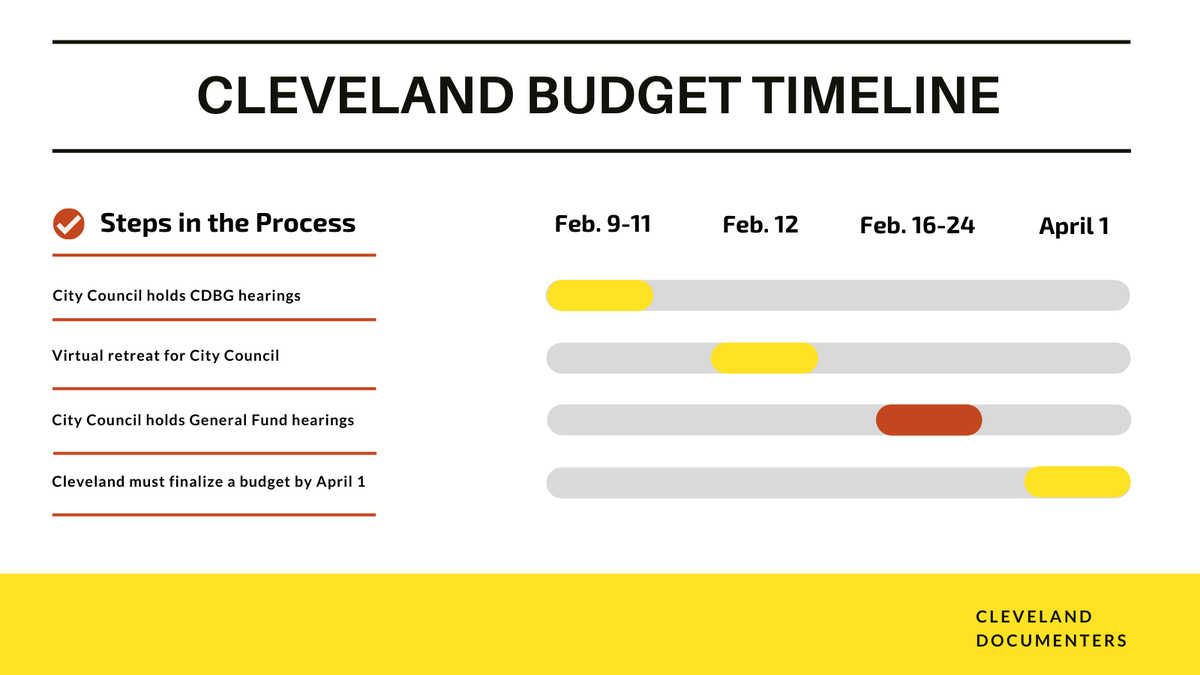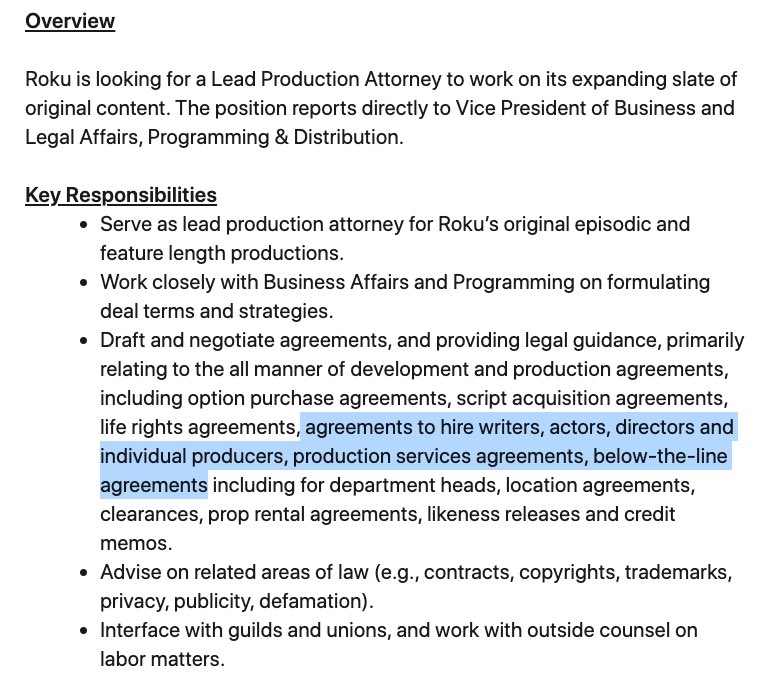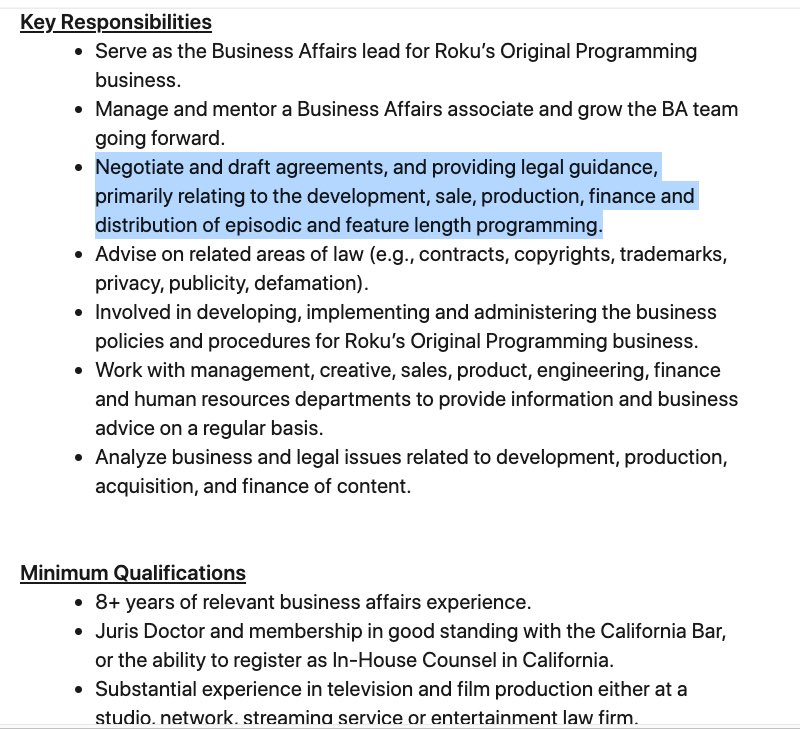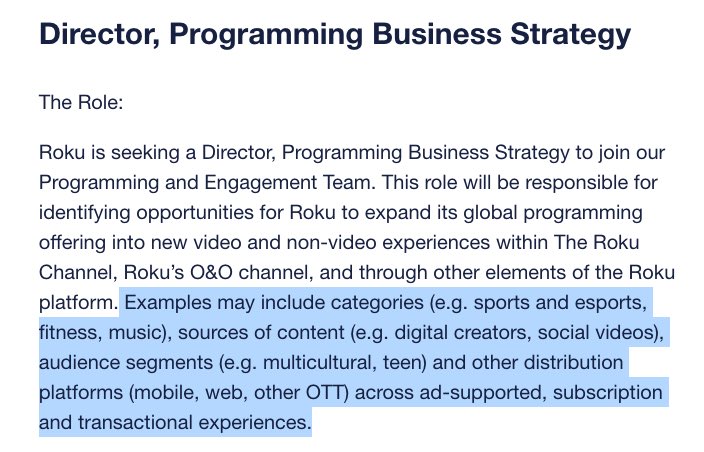Jay_millerjay's Categories
Jay_millerjay's Authors
Latest Saves
Mitch McConnell's buddy, Oleg Deripaska, is
Let's not forget that McConnell enabled sanctions to be lifted from Deripaska's companies, EN+, Rusal, and EuroSibEnergo, even though a bipartisan group of Senators were against
https://t.co/RlIDzdUOD3
Deripaska's Rusal then invested $200M in a proposed KY aluminum mill. McConnell's statement that this had nothing to do with blocking the vote against allowing the Treasury Dept. to lift sanctions is
Article that ABC published covering the same information that is in the above linked broadcast on
Introducing our new series: “IDFN top 10 articles every fellow should read”🔖
#1: SAB management
by @mmcclean1 @LeMiguelChavez
Reviewers @KaBourgi, @IgeGeorgeMD, @Courtcita, @MDdreamchaser
We know is subjective & expect feedback/future improvements 👇
1. Clinical management of Staphylococcus aureus bacteremia: a review.
https://t.co/9tBCtp9mlP
👉 A must read written by Holland et al. where they review the evidence of the management of SAB.
2. Impact of Infectious Disease Consultation on Quality of Care, Mortality, and Length of Stay in Staphylococcus aureus Bacteremia: Results From a Large Multicenter Cohort Study.
https://t.co/XujO68pCuH
👉ID consult associated with reduced inpatient mortality.
3. Predicting Risk of Endocarditis Using a Clinical Tool (PREDICT): Scoring System to Guide Use of Echocardiography in the Management of Staphylococcus aureus Bacteremia
https://t.co/otcA1pxjAw
👉Predictive risk factors for infective endocarditis, and thus the need for TEE.
4. The Cefazolin Inoculum Effect Is Associated With Increased Mortality in Methicillin-Susceptible Staphylococcus aureus Bacteremia.
https://t.co/CQZiryVWZz
👉Presence of cefazolin inoculum effect in the infecting isolate was associated with an increase 30-day mortality.
Senator Ted Cruz: "Hope you don't like air
California is now unable to perform even basic functions of civilization, like having reliable electricity.
— Ted Cruz (@tedcruz) August 19, 2020
Biden/Harris/AOC want to make CA\u2019s failed energy policy the standard nationwide.
Hope you don\u2019t like air conditioning! https://t.co/UkKBq9HkoK
Texas Attorney General Ken Paxton: "California’s politicians did
California\u2019s politicians did this, not the heat. https://t.co/wft1kFsHfX
— Attorney General Ken Paxton (@KenPaxtonTX) September 6, 2020
Representative Dan Crenshaw: "Alexa, show me what happens when you let Democrats control energy
Alexa, show me what happens when you let Democrats control energy policy. https://t.co/PLtgofajlg
— Dan Crenshaw (@DanCrenshawTX) September 8, 2020
Lt. Governor Dan Patrick: "This is what happens when the Democrats are left in
This is what happens when the Democrats are left in charge. Why California\u2019s liberal climate policies are causing electricity blackouts: https://t.co/GE1FzadHM4#KAG
— Dan Patrick (@DanPatrick) August 20, 2020
Confidential info from a market participant in ERCOT: As of ~10 AM Eastern time, the system has ~30 GW of capacity offline, ~26 GW of thermal -- mostly natural gas which cant get fuel deliveries which are being priorities for heating loads -- and ~4 GW of wind due to icing. https://t.co/Bfpn0WeRIq
— JesseJenkins (@JesseJenkins) February 15, 2021
1/ As Jesse notes, natural gas is somewhat unique in that it is both a power plant fuel and a home heating fuel. When cold weather comes, regulators bias in favor of heating rather than power generation.
2/ New England - a region that is both cold and has long been more reliant than others on natural gas for power generation - has had to grapple with this for a long time.
3/ In most of the country, the tightest times for power markets are during hot summer days when demand peaks to run all that AC. In New England, the tightest times are often cold winter days when supply gets constrained as the gas is redirected to heat
4/ Texas isn't used to planning for cold snaps, but they are gas-dependent on the power grid. So they are, in essence, acting like New England right now.
@KevinCoates correct me if I'm wrong, but basic point seems to be that banning targeted ads will lower platform profits, but will mostly be beneficial for consumers.
Some counterpoints 👇
That targeted ads allow for "free" products for consumers is a common talking point and we're going to see more of it in the coming months.: https://t.co/Xty3My3f0u (1/14)
— Kevin Coates (@KevinCoates) February 16, 2021
1) This assumes that consumers prefer contextual ads to targeted ones.
This does not seem self-evident to me
Great post by @Sherman1890 got me thinking about the future of targeted ads.
— Dirk Auer (@AuerDirk) February 12, 2021
More and more tools (privacy labels, ad blockers, GDPR) enable consumers to opt-out from targeted ads - can limit the data platforms receive or block ads altogether.
The end of targeted ads? \U0001f9f5\U0001f447 https://t.co/MA6A3BrUWq
Research also finds that firms choose between ad. targeting vs. obtrusiveness 👇
If true, the right question is not whether consumers prefer contextual ads to targeted ones. But whether they prefer *more* contextual ads vs *fewer* targeted
2) True, many inframarginal platforms might simply shift to contextual ads.
But some might already be almost indifferent between direct & indirect monetization.
Hard to imagine that *none* of them will respond to reduced ad revenue with actual fees.
3) Policy debate seems to be moving from:
"Consumers are insufficiently informed to decide how they share their data."
To
"No one in their right mind would agree to highly targeted ads (e.g., those that mix data from multiple sources)."
IMO the latter statement is incorrect.






































